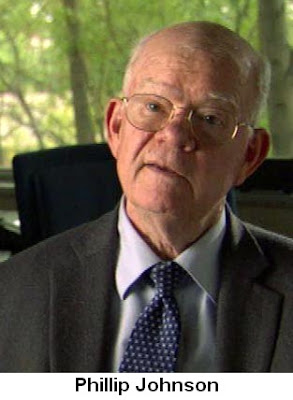This is a simple molecule so I'm going to insist on the IUPAC name as well as the common name. This time it's not sufficient to just give me the name of the molecule. You also have to briefly explain what it does and why it's important to some humans. The functional explanation has to be a biochemical explanation, not a physiological one.
Post your answer in the comments. I'll hold off releasing any comments for 24 hours. The first one with the correct answer wins. I will only post
correct answers to avoid embarrassment.
There could be two winners. If the first correct answer isn't from an undergraduate student then I'll select a second winner from those undergraduates who post the correct answer. You will need to identify yourself as an undergraduate in order to win. (Put "undergraduate" at the bottom of your comment.) Every undergraduate who posts a correct answer will have their names entered in a Christmas draw. The winner gets a free autographed copy of my book! (One entry per week. If you post a correct answer every week you will have ten chances to win.)
Some past winners are from distant lands so their chances of taking up my offer of a free lunch are slim. (That's why I can afford to do this!)
In order to win you must post your correct name. Anonymous and pseudoanonymous commenters can't win the free lunch.
Winners will have to contact me by email to arrange a lunch date.
UPDATE: The molecule is chlorothiazide of
hydrochlorothiazide or 6-chloro-1,1-dioxo-3,4-dihydro-2
H-1,2,4-benzothiadiazine-7-sulfonamide. It's a drug commonly used to treat high blood pressure. Chlorothiazide belongs to a class of drugs that function as
diuretics—they decrease blood volume by preventing reabsorption of water from the urine.
The winner is 凌嘉誠 (Alex Ling). His answer emphasizes the role of the drug in inhibiting carbonic anhydrase and that's a valid property. However, the most important immediate effect is probably the inhibition of the Na
+/Cl
- transporter in the kidneys. As far as I can tell the effects of the drug at the molecular level are not as clear-cut as one would like. The decrease in blood volume appears to be temporary and the long-term effect in lowering blood pressure is probabably due to some unknown effect on veins and arteries.
Winners
Nov. 2009: Jason Oakley, Alex Ling
Oct. 17: Bill Chaney, Roger Fan
Oct. 24: DK
Oct. 31: Joseph C. Somody
Nov. 7: Jason Oakley
Nov. 15: Thomas Ferraro, Vipulan Vigneswaran
Nov. 21: Vipulan Vigneswaran (honorary mention to Raul A. Félix de Sousa)
Nov. 28: Philip Rodger









